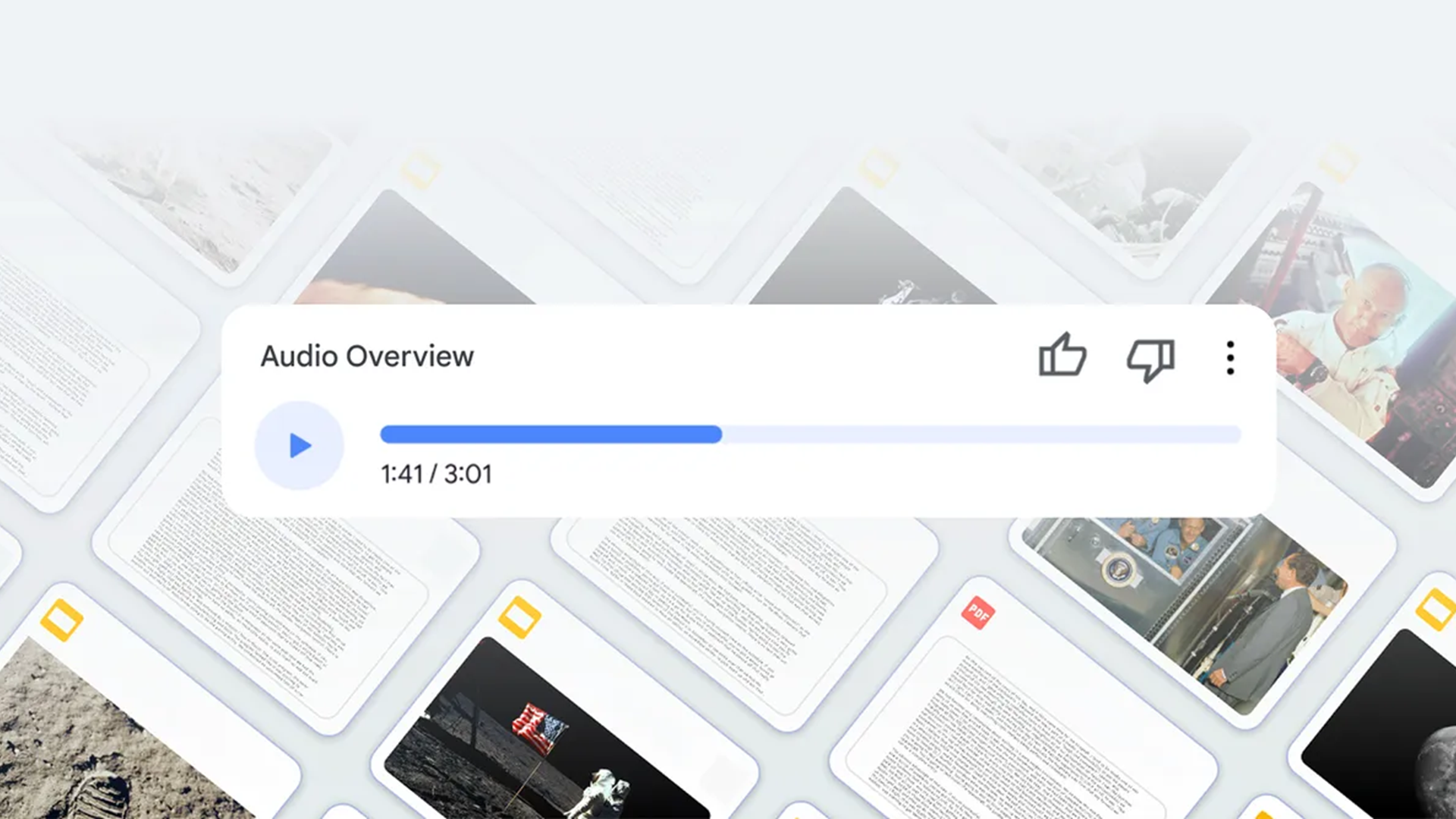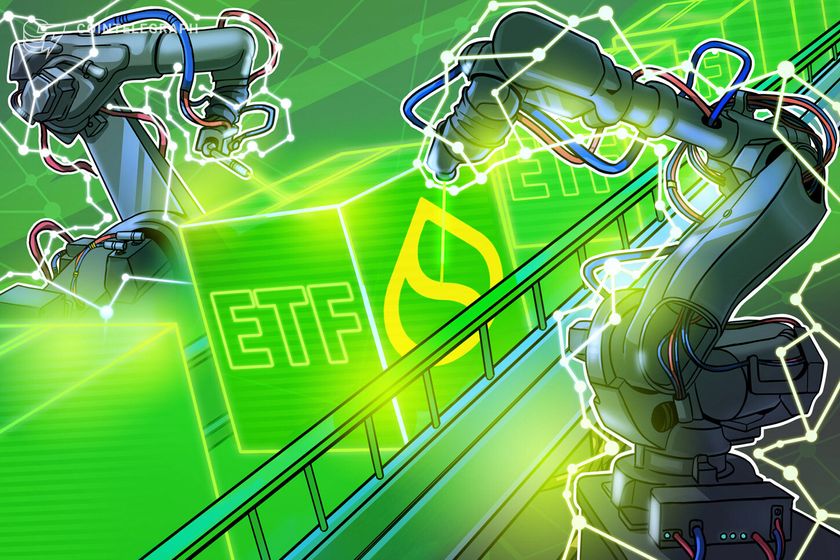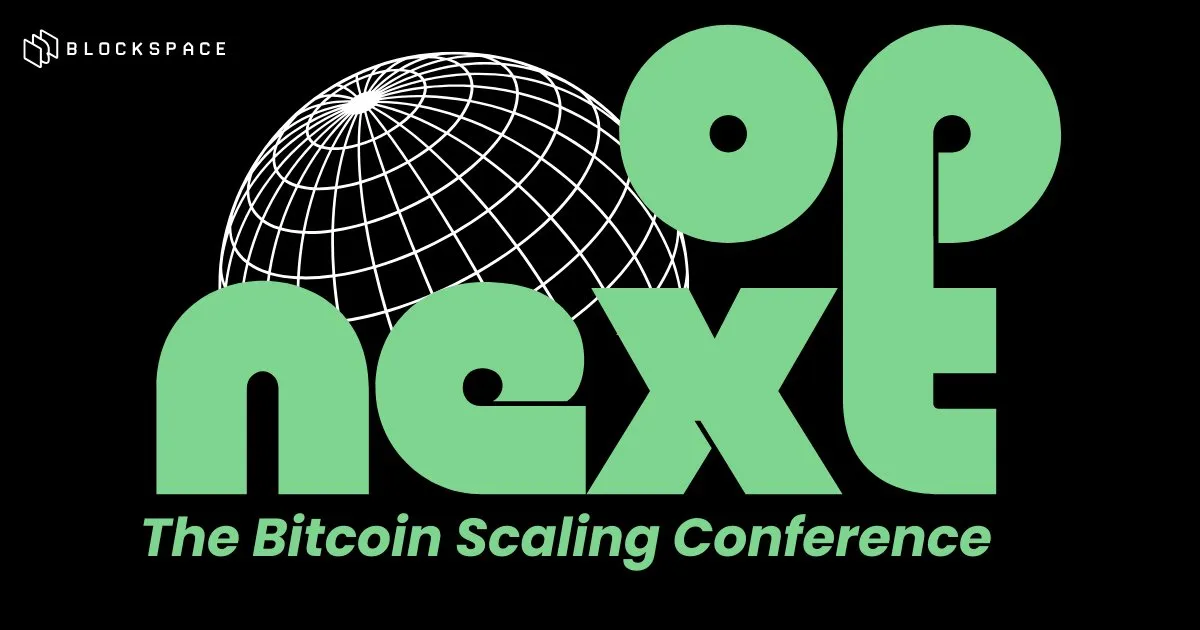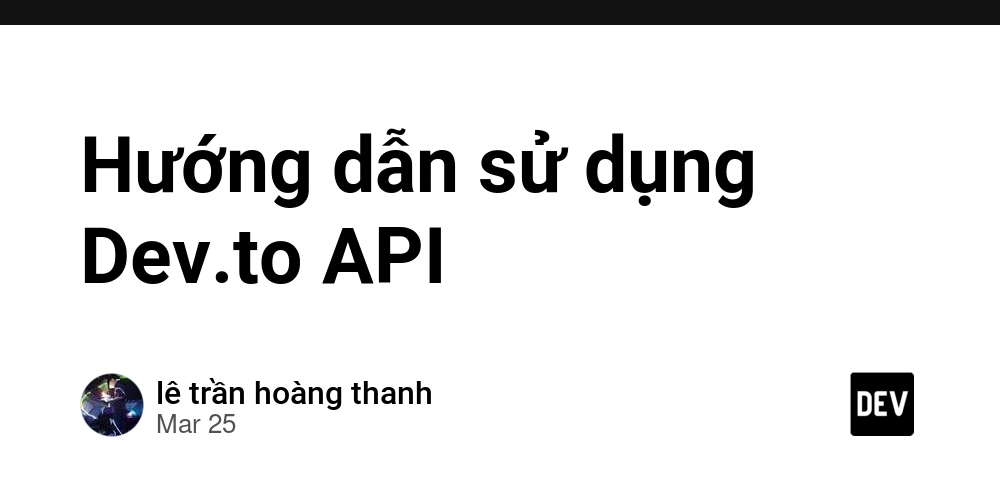Vibe Tech #1: Welcome and initial thoughts
Motivation Each day the AI tech space changes. Each day you wake up with news of a new model breaking benchmarks, a new game changing protocol or a dozen new tools that will make devs perform 10x faster. Do the test yourself, just follow a couple tech users on X or join some dev related subreddits. However it is yet not clear where we are heading and what the final picture will be in 1/1.5 years. This series is about filtering the noise, sharing some thoughts and experiences, and trying to predict the impact of this transition. Disclaimers The idea is not to use AI to do any of the writing. The end goal is try generate an audience that could lead to building a community and doing meetups. Thoughts #1: Vibe Coding Assistant's code artifacts are low quality. These LLMs were trained on existing open source code. Open source code is in general terms low quality. If most repos follow bad practices, they will outweigh best practices posts in the training data. Assistant's code artifacts are great for scripting, not for foundational code. Code runs most of the time, which is great for one-off things. But most of the times dependency injection is wrong, parametrization is not optimal, and data classes are not well designed. You still need the senior dev to review the artifacts if you are building the foundation of your system. For me the big leap was Copilot. The original one, the autocomplete tool. Huge time saver for snippets. If you know what you want, writing a signature and see the function appear was great. Assistants are not a big leap from Copilot imho. Fine tuning on private codebase >> cursorrules. Prompting rules is not a super power in my experience. LLMs are not sensitive to them. Instead, training on private codebases will allow predictions to follow your practices. Big codebases are a problem. Although context windows are increasing length, assistants are not able to properly add new code to existing codebases. A lot of duplicated code appears. Its funny that you can immediately tell in a codebase which snippets were written by cursor. A coding assistant is a junior dev sitting right next to you. The experience with assistant coders (I use Claude Cursor) is similar to reviewing a PR from a junior dev. The type of comments you leave in that PR ("expose this as a constant", "use the function from this module instead", "remove this parameter and inject it to the constructor", etc) is the type of back and forth you have with the assistant to achieve the optimal implementation. Thoughts #2: Debugging vibe code Debugging is a pain with vibe code. Debugging is at same level of importance as coding in dev's work. Assistants cannot debug. Copying an error trace to the LLM starts an endless loop of "Oh yes, let me fix that" that almost never works. I believe than trusting your codebase is a must for debugging. If you cannot debug you have a real problem. Thoughts #3: Future dev pods Teams will need less people. Tools that save time make teams require less hours to achieve things. Less hours means less people. Seniority is still valuable. Seniority avoid all my concerns from vibe code I expose above. But every senior was once junior. If there is no more space for junior devs, how do we get seniors? Thoughts #4: Startup world More solo founders and small teams. I believe this tech will encourage smaller teams to tackle bigger projects. Bootstrap >> VC back. All AI tools are cheap IMHO. If cursor was 200 USD/month, most users would pay it. You won't need a lot of money because you will need less people (not just devs, but designers, marketers, sales, etc). Exponential amount of new startups. Time to build will be crazy low. A lot of people will start to create new projects as it is short term and cheap. Full time devs vs fractional devs. I can envision a future in which a full time dev is not very required anymore as teams get lower and less human dependent. Maybe there is a world in which fractional devs is the standard, similar to fractional CTOs today. Working in multiple spaces and teams at the same time will be exciting. Context switching will be a challenge. Final words Would love to hear feedback, questions and new thoughts. What this blogpost ends up being is uncertain to me, but will keep you posted.
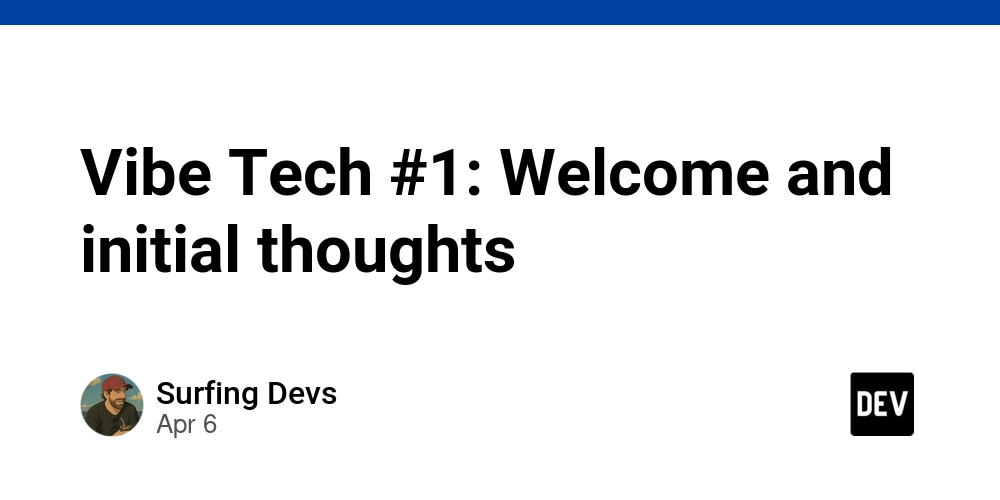
Motivation
Each day the AI tech space changes. Each day you wake up with news of a new model breaking benchmarks, a new game changing protocol or a dozen new tools that will make devs perform 10x faster. Do the test yourself, just follow a couple tech users on X or join some dev related subreddits.
However it is yet not clear where we are heading and what the final picture will be in 1/1.5 years.
This series is about filtering the noise, sharing some thoughts and experiences, and trying to predict the impact of this transition.
Disclaimers
- The idea is not to use AI to do any of the writing.
- The end goal is try generate an audience that could lead to building a community and doing meetups.
Thoughts #1: Vibe Coding
Assistant's code artifacts are low quality. These LLMs were trained on existing open source code. Open source code is in general terms low quality. If most repos follow bad practices, they will outweigh best practices posts in the training data.
Assistant's code artifacts are great for scripting, not for foundational code. Code runs most of the time, which is great for one-off things. But most of the times dependency injection is wrong, parametrization is not optimal, and data classes are not well designed. You still need the senior dev to review the artifacts if you are building the foundation of your system.
For me the big leap was Copilot. The original one, the autocomplete tool. Huge time saver for snippets. If you know what you want, writing a signature and see the function appear was great. Assistants are not a big leap from Copilot imho.
Fine tuning on private codebase >> cursorrules. Prompting rules is not a super power in my experience. LLMs are not sensitive to them. Instead, training on private codebases will allow predictions to follow your practices.Big codebases are a problem. Although context windows are increasing length, assistants are not able to properly add new code to existing codebases. A lot of duplicated code appears. Its funny that you can immediately tell in a codebase which snippets were written by cursor.
A coding assistant is a junior dev sitting right next to you. The experience with assistant coders (I use Claude Cursor) is similar to reviewing a PR from a junior dev. The type of comments you leave in that PR ("expose this as a constant", "use the function from this module instead", "remove this parameter and inject it to the constructor", etc) is the type of back and forth you have with the assistant to achieve the optimal implementation.
Thoughts #2: Debugging vibe code
- Debugging is a pain with vibe code. Debugging is at same level of importance as coding in dev's work. Assistants cannot debug. Copying an error trace to the LLM starts an endless loop of "Oh yes, let me fix that" that almost never works. I believe than trusting your codebase is a must for debugging. If you cannot debug you have a real problem.
Thoughts #3: Future dev pods
- Teams will need less people. Tools that save time make teams require less hours to achieve things. Less hours means less people. Seniority is still valuable. Seniority avoid all my concerns from vibe code I expose above. But every senior was once junior. If there is no more space for junior devs, how do we get seniors?
Thoughts #4: Startup world
More solo founders and small teams. I believe this tech will encourage smaller teams to tackle bigger projects.
Bootstrap >> VC back. All AI tools are cheap IMHO. If cursor was 200 USD/month, most users would pay it. You won't need a lot of money because you will need less people (not just devs, but designers, marketers, sales, etc).Exponential amount of new startups. Time to build will be crazy low. A lot of people will start to create new projects as it is short term and cheap.
Full time devs vs fractional devs. I can envision a future in which a full time dev is not very required anymore as teams get lower and less human dependent. Maybe there is a world in which fractional devs is the standard, similar to fractional CTOs today. Working in multiple spaces and teams at the same time will be exciting. Context switching will be a challenge.
Final words
Would love to hear feedback, questions and new thoughts. What this blogpost ends up being is uncertain to me, but will keep you posted.









































































































































































![[The AI Show Episode 143]: ChatGPT Revenue Surge, New AGI Timelines, Amazon’s AI Agent, Claude for Education, Model Context Protocol & LLMs Pass the Turing Test](https://www.marketingaiinstitute.com/hubfs/ep%20143%20cover.png)
















































































































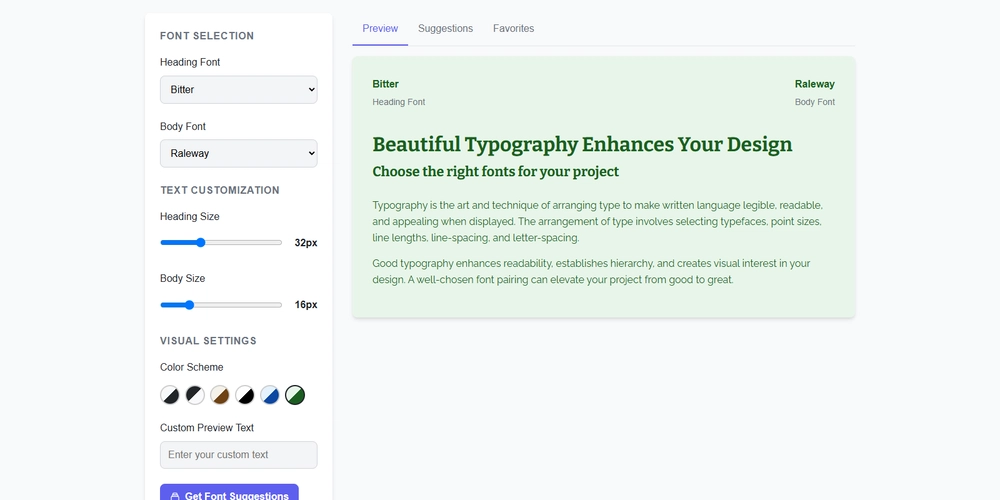
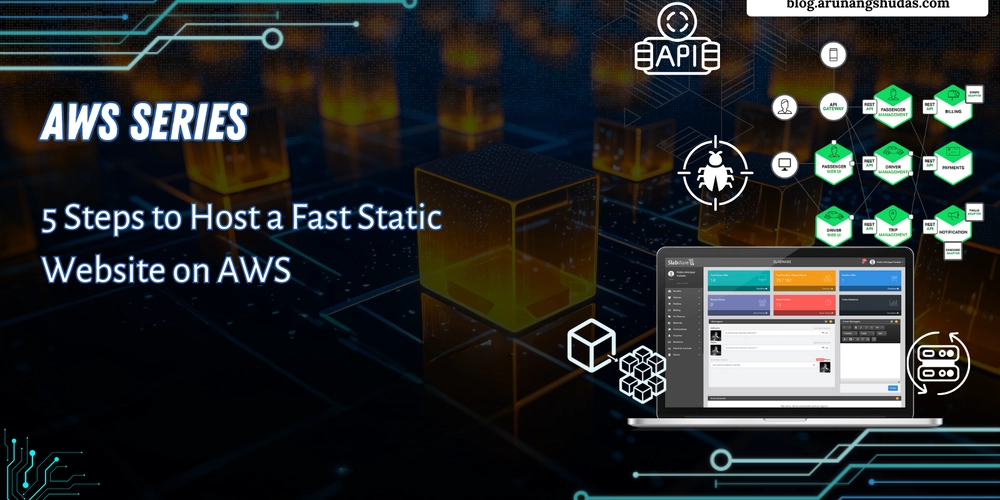
![[Tutorial] Chapter 9: Task Dashboard: Charts](https://media2.dev.to/dynamic/image/width=800%2Cheight=%2Cfit=scale-down%2Cgravity=auto%2Cformat=auto/https%3A%2F%2Fdev-to-uploads.s3.amazonaws.com%2Fuploads%2Farticles%2Fnotu3uxqtwmann665q6r.png)
![[Tutorial] Chapter 10: Task Dashboard (Part 2) - Filter & Conditions](https://media2.dev.to/dynamic/image/width=800%2Cheight=%2Cfit=scale-down%2Cgravity=auto%2Cformat=auto/https%3A%2F%2Fdev-to-uploads.s3.amazonaws.com%2Fuploads%2Farticles%2Ffjbdyeaw51nx8g13ag12.png)












![From drop-out to software architect with Jason Lengstorf [Podcast #167]](https://cdn.hashnode.com/res/hashnode/image/upload/v1743796461357/f3d19cd7-e6f5-4d7c-8bfc-eb974bc8da68.png?#)















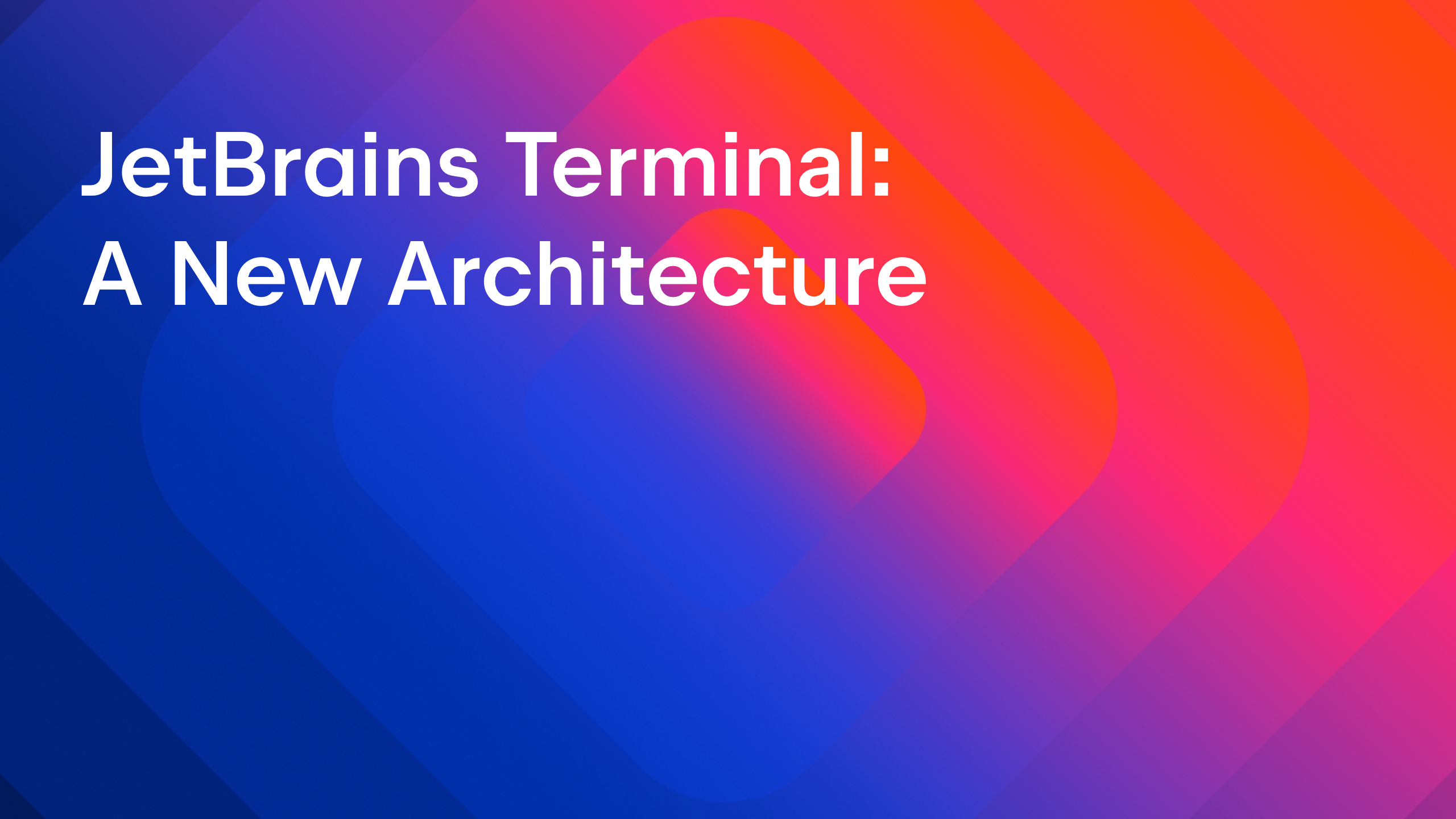

























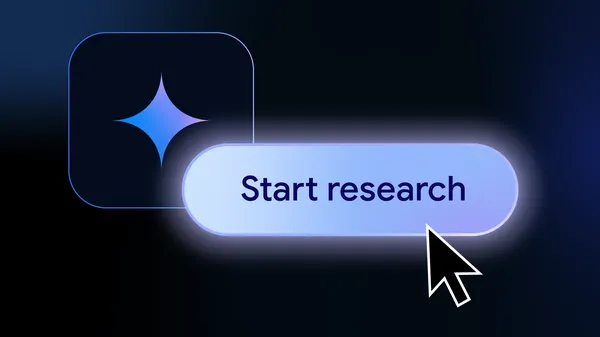
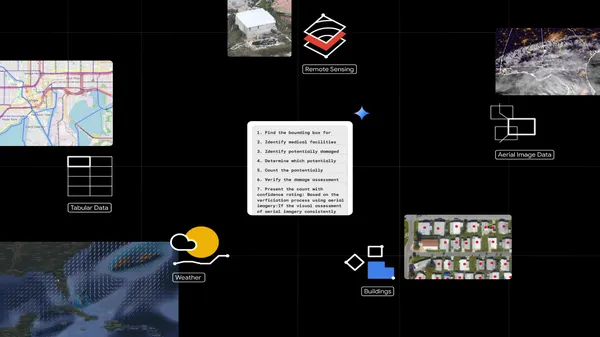







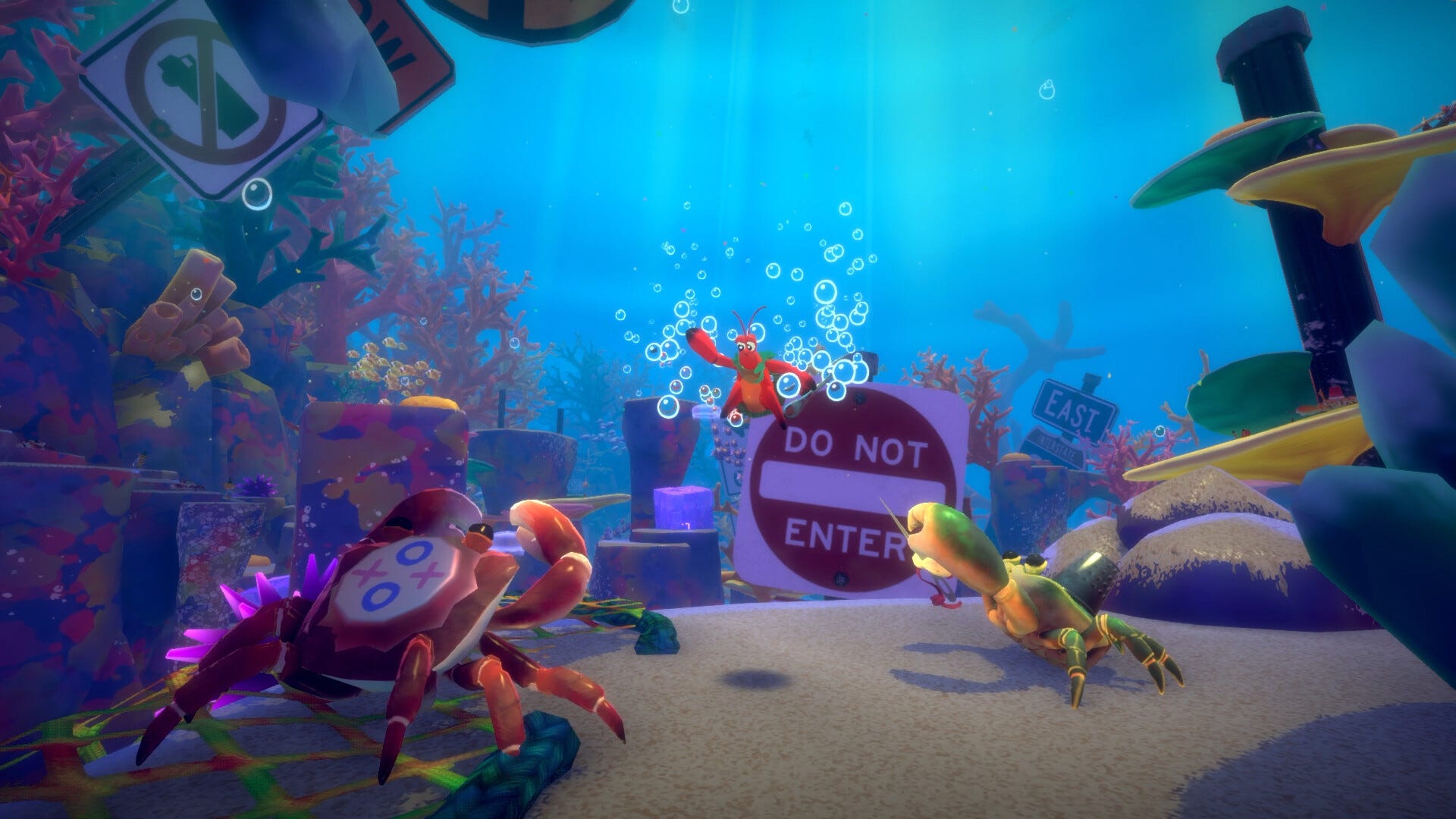







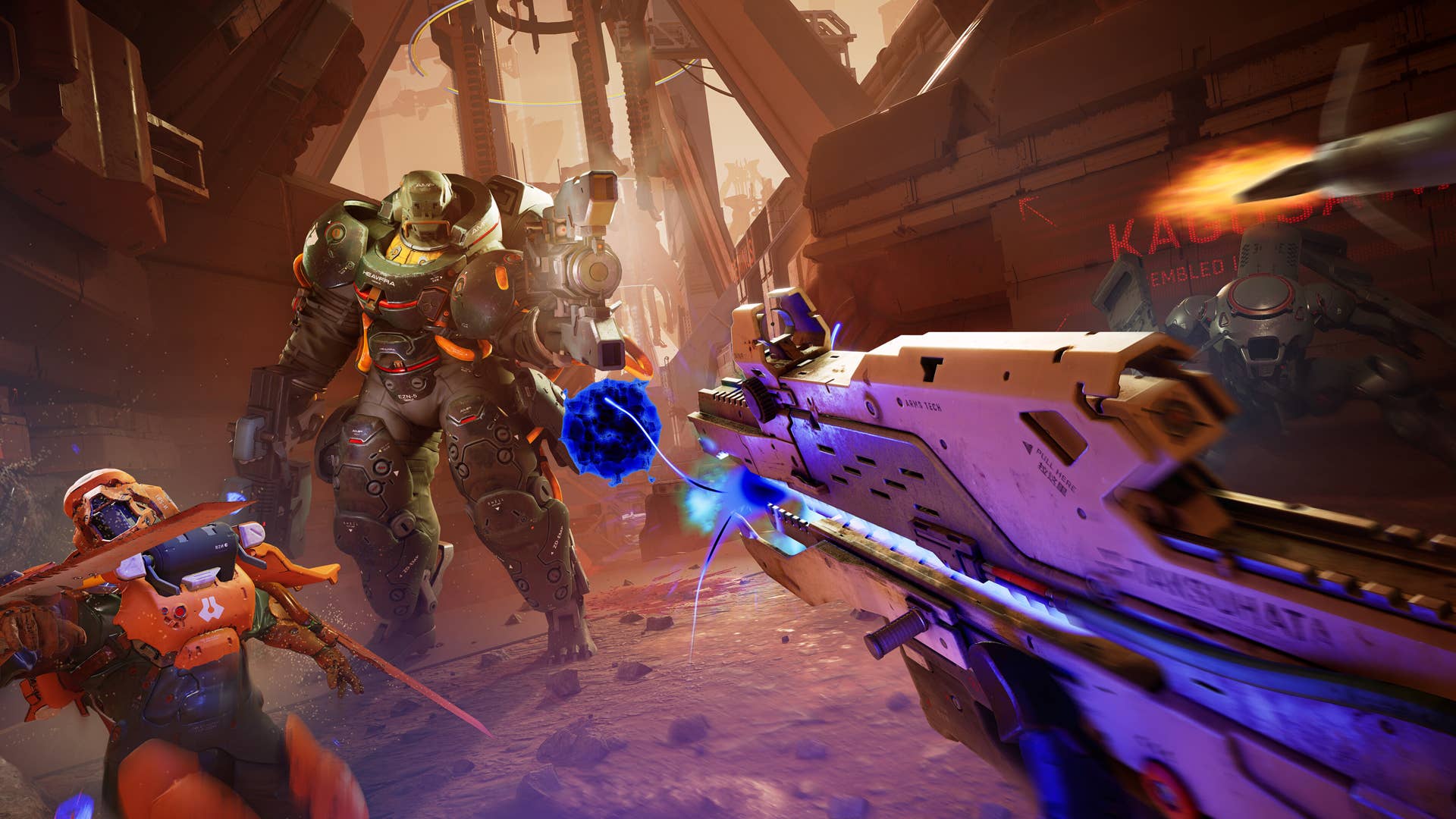













































.jpg?#)
































_ArtemisDiana_Alamy.jpg?#)


 (1).webp?#)






































































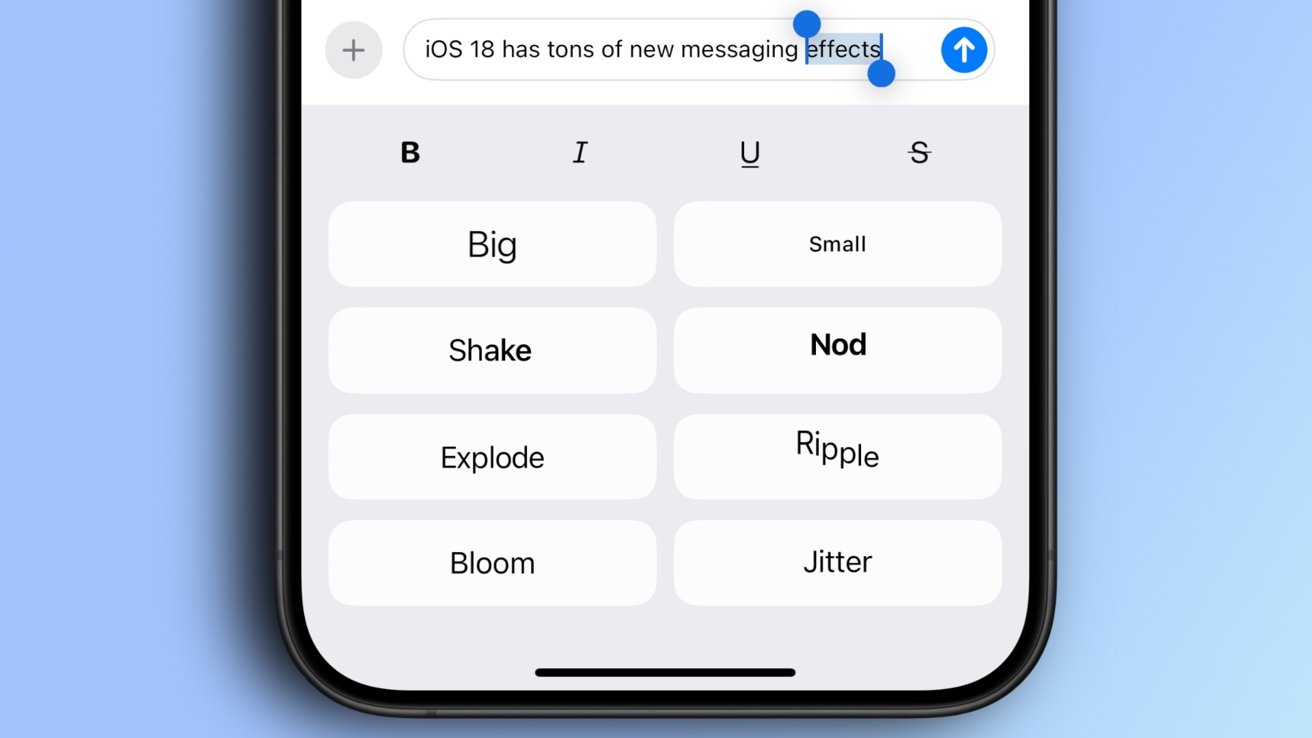
-xl.jpg)




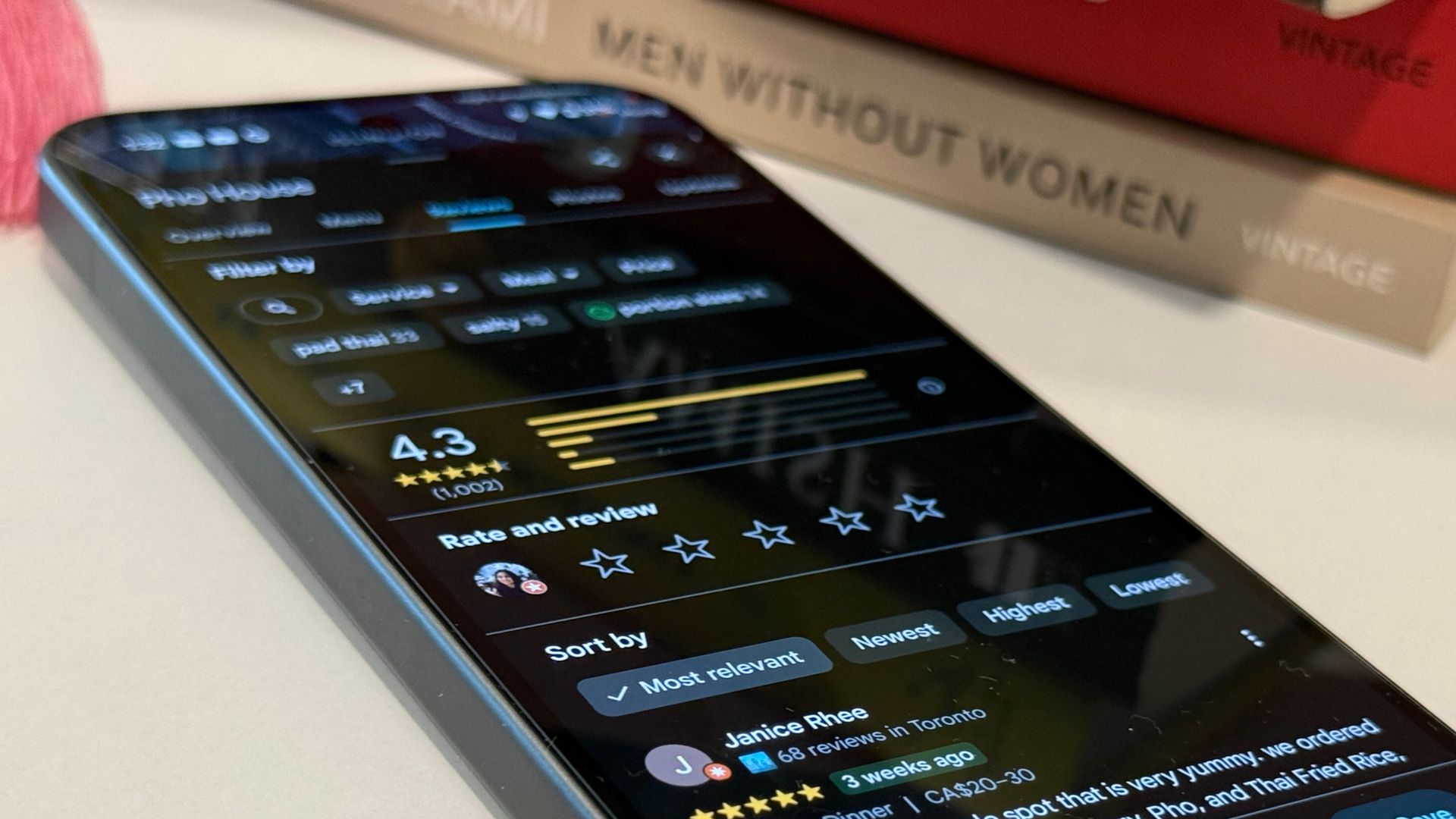








![Yes, the Gemini icon is now bigger and brighter on Android [U]](https://i0.wp.com/9to5google.com/wp-content/uploads/sites/4/2025/02/Gemini-on-Galaxy-S25.jpg?resize=1200%2C628&quality=82&strip=all&ssl=1)









![Apple Rushes Five Planes of iPhones to US Ahead of New Tariffs [Report]](https://www.iclarified.com/images/news/96967/96967/96967-640.jpg)
![Apple Vision Pro 2 Allegedly in Production Ahead of 2025 Launch [Rumor]](https://www.iclarified.com/images/news/96965/96965/96965-640.jpg)



















